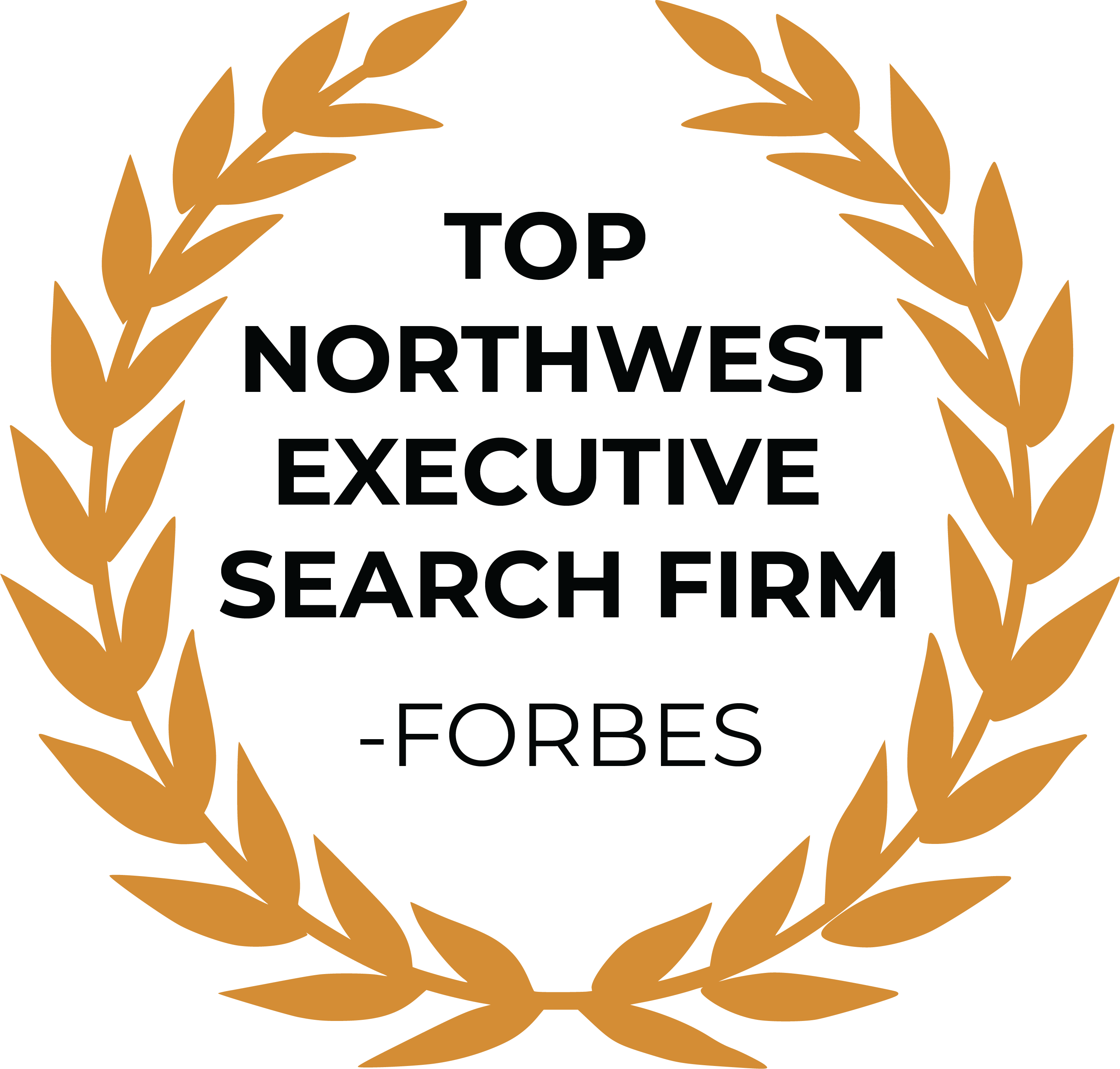Stop Spamming Your Resume

Blasting applications out to as many openings as possible rarely results in a successful job search. Stop spamming your resume. Exhale. There is a better strategy that will land you a job faster.
I’ve heard it all too many times from people looking for work: “I sent out twenty resumes today!” Or, “I’ve applied for hundreds of jobs!”
Spamming your resume can feel really good. It keeps you busy and gives you a tangible metric to count.
Don’t fall for this false sense of accomplishment! Applying for jobs en masse does not increase your odds. In fact, it is often a complete waste of time that actually hurts you by prolonging the search and leading to discouragement.
So why is spamming your resume a bad idea?
The smell of desperation
Consider the dating scene. If you’re interested in starting a successful relationship, you’re not going to show up at a party and start asking out everyone you meet. The desperation will be obvious and off-putting. Your effort to be all things to everyone will result in becoming nothing interesting to anyone.
Likewise, prospective employers will get the same tepid impression if you conduct a resume blitz. Many people generalize their resume to make it appealing to as many people as possible. Unfortunately, this will result in a resume that’s bland and confusing—the exact opposite of what you need to get noticed by a hiring manager!
Technology has a way of accelerating both good and bad ideas. So if you have been spamming your resume because it is easy, stop. If you’re thinking about sending your generic resume over to a bunch of companies, this is not a good strategy. Don’t start. Save yourself the frustration.
Instead, try a different resume strategy. Follow these tips below to set yourself apart from other applicants.
1. Focus: Know what you want to do
You’ve got six seconds to capture the attention of a recruiter or hiring manager. How do you stand out in such a short amount of time? Make it easy for the reader. Be clear about what role you are looking for and why you are uniquely qualified.
If you don’t know exactly what you want to do, take a step back. Your new starting point isn’t sending out resumes, it’s figuring out your objective.
Once you know what you want to do, you can capture the reader’s attention quickly. Think about when you are shopping for groceries and you see a wall full of product options. What catches your eye? Likewise, how can you stand out from the pack? Market yourself like a product.
Use the Top Third Rule to focus your messaging. Clearly state what you are looking for and why a company should consider you. Use terms that will make sense to someone who does not know you, and that will align well with an open job.
2. Research: Know where you want to work
Less is more. Be selective. Research prospective companies and learn about what they do, what they’re looking for, and what it’s like to work there.
Read through the company’s website. Study their products and services. Check out news and reviews on sites like Glassdoor.com. Follow them on LinkedIn and see if you know anyone who works at the company.
- Think about proximity. Is the commute something you are willing to do?
- Think about the other people in your life. Would you move your family to take this job?
- Think beyond the first day on the job. Would you be excited about the idea of showing up to work for the next 3-5 years?
- Think about your career. Will this role and this company help take you in a direction you want to go?
- Think about the competition. Can you make a case for why the company should hire you over other qualified people? Where does this opportunity land on the job search bull’s eye?
If something doesn’t feel right, trust your gut to walk away. Don’t waste time on an option that’s not going to be a good fit, but try to create a Top 20 list of places where you might like to work. Your time is best spent cultivating relationships and pursuing opportunities connected with these specific targets.
Researching companies will help you in a couple of ways. You’ll waste less time applying with companies that aren’t a good fit, and doubling down on the companies that do fit will give you an edge—you’ll be that much more educated and informed and can customize your story better than the rest of the pack.
Integrate your research findings into your email intro or LinkedIn requests to demonstrate your knowledge and interest. On your resume, customize certain skills and experiences based on the company’s present needs and industry language.
3. Influence: Know who you know
When it comes to the job search, the old saying is true, “It’s not what you know, but who you know that matters.” Who you know can give you a huge edge over the competition.
Once you have your target companies set, use LinkedIn to see who works there. If anyone in your network shows up in the search (or someone who can connect you), offer to buy them coffee or lunch. If possible, meet onsite at the company to gain extra insight and advantage. You’ll catch a glimpse of the culture and maybe even shake hands with the hiring manager.
The purpose of the meeting is not to ask for a job but to ask questions. Learn about the company culture, educate yourself on the industry, and discover possible career tracks for someone like you. Ideally, an employee can later forward your resume to the hiring manager directly.
Down the road, when you have an initial conversation with the hiring team, you can reference unique insight from your visit and mention the internal referral, a tremendous advantage. Employee referrals are always more valued and treated with higher regard than resumes spammed online.
4. Metrics: Know what matters
When assessing whether or not your week was a success, stop talking about how many resumes you’ve sent out. “Number of Resumes Sent” is not a good sign of your productivity.
I can send out 100 resumes in an afternoon, but that doesn’t mean my time was well spent. With a more focused approach, you might find you will send out only 1 or 2 resumes a day, but with much higher potential for success.
Rather than tracking how many resumes you send out, measure things that actually matter. Spamming your resume is not one of those things.
For more helpful job search tips: Ultimate Job Search Guide: Recruiter Insider Tips

